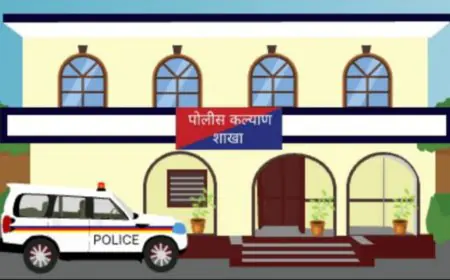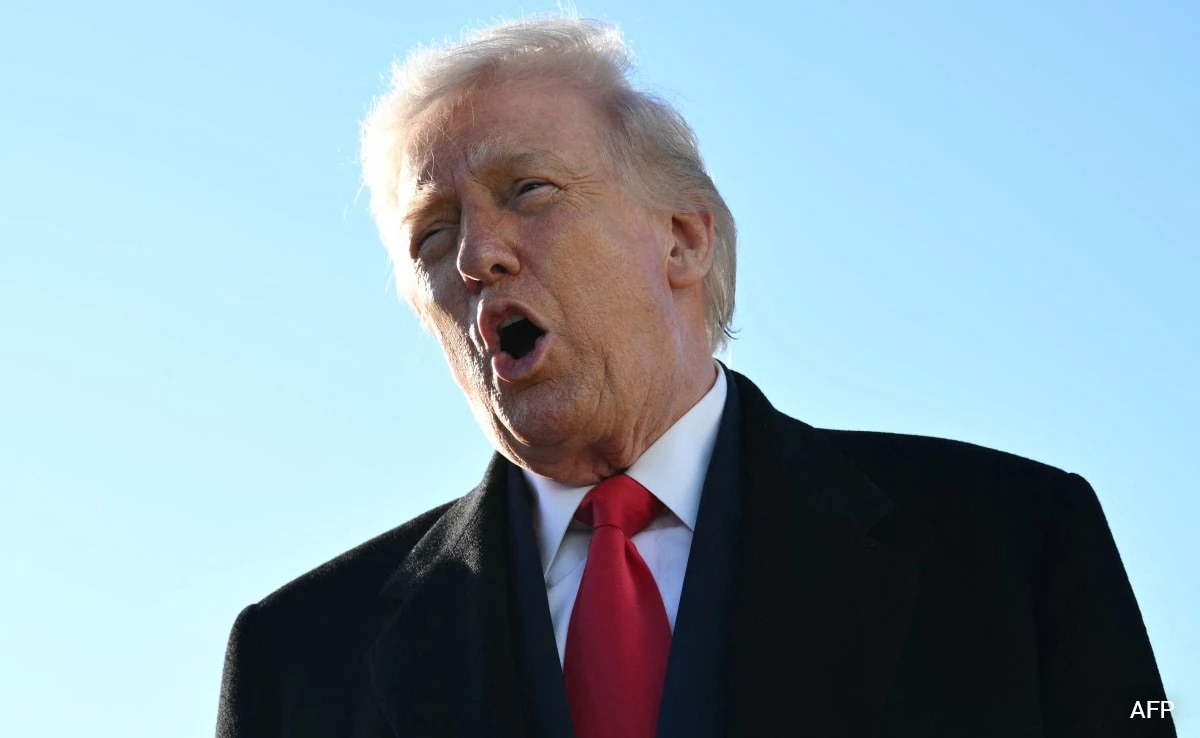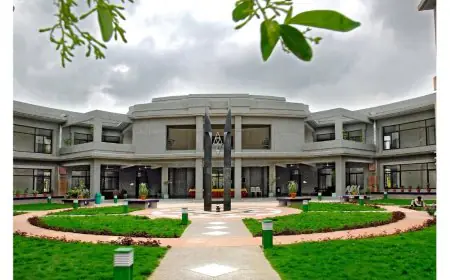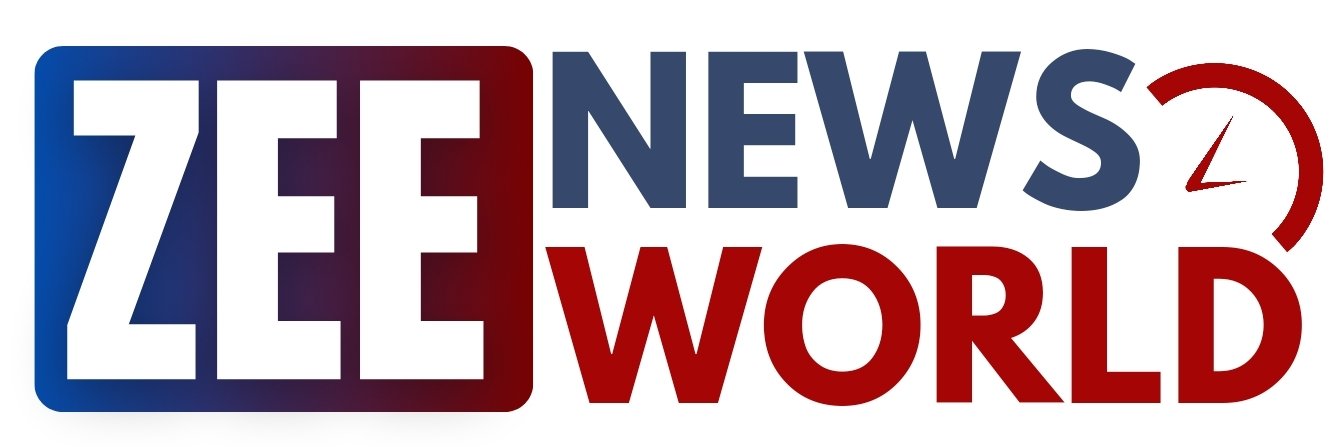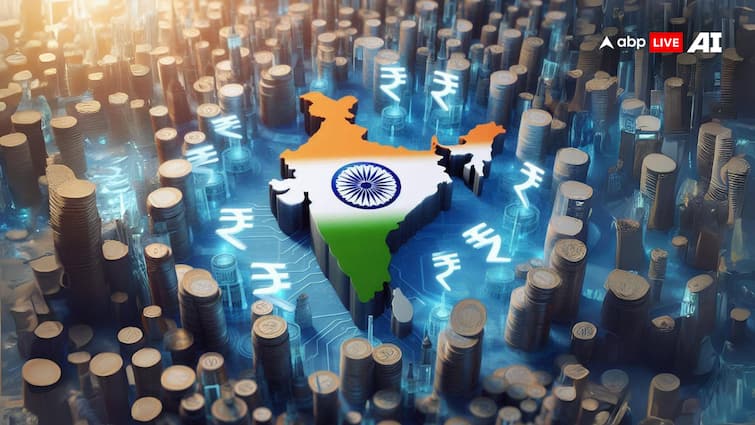RBI MPC Meeting 2025: Check Dates, Timing And Where To Watch The Announcements Live
The Monetary Policy Committee (MPC) of the Reserve Bank of India (RBI), chaired by Governor Sanjay Malhotra, will kick off its three-day meeting on Wednesday, with a crucial announcement on interest rates expected on Friday, February 7. Stock market investors are closely watching for a potential rate cut, with forecasts suggesting a reduction of 25 basis points. If this occurs, the benchmark lending rate would decrease from 6.5 per cent to 6.25 per cent. This will be the first MPC meeting under Governor Malhotra, who assumed office in December 2024, following the conclusion of Shaktikanta Das’s tenure. While speculation about the rate cut is building, the RBI has already taken steps to improve liquidity. Last month, the central bank introduced measures to inject Rs 1.5 trillion into the financial system, following a similar move in December 2024 with a Rs 1.16 trillion liquidity boost, alongside a 50 basis point reduction in the cash reserve ratio (CRR). RBI MPC Important Dates And Timings MPC Meeting Dates: February 5–February 7, 2025 Repo Rate Announcement: February 7, 2025 at 10:00 AM RBI Governor's Press Conference: February 7, 2025 at 12:00 PM Governor Sanjay Malhotra will address the media after the rate announcement, providing insights into the RBI's decision and sharing his perspective on the current state of the Indian economy and the Union Budget 2025. Where To Watch The RBI MPC Press Conference? The RBI's repo rate announcement and press conference will be streamed live across various online platforms of the reserve bank. ABP Live will provide real-time updates through its live blog on its website. Additionally, the RBI's official social media channels (X and YouTube) will also stream the event live. December MPC Meeting In the previous MPC meeting, under former RBI Governor Shaktikanta Das, the repo rate was kept unchanged at 6.5 per cent. However, the RBI reduced the cash reserve ratio (CRR) by 50 basis points and injected Rs 1 trillion into the banking system to improve liquidity.
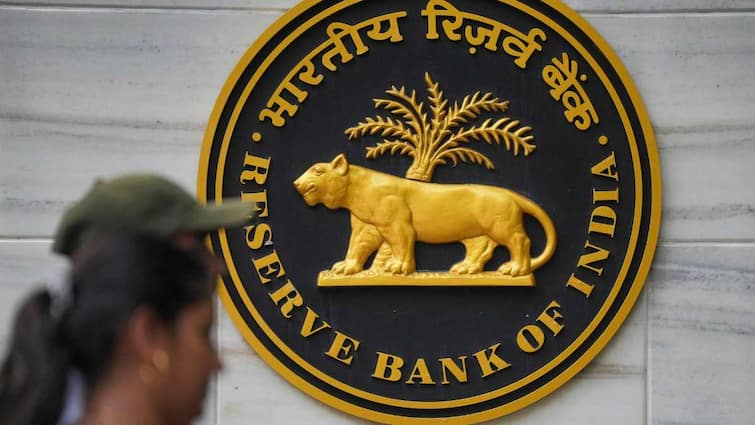
The Monetary Policy Committee (MPC) of the Reserve Bank of India (RBI), chaired by Governor Sanjay Malhotra, will kick off its three-day meeting on Wednesday, with a crucial announcement on interest rates expected on Friday, February 7.
Stock market investors are closely watching for a potential rate cut, with forecasts suggesting a reduction of 25 basis points. If this occurs, the benchmark lending rate would decrease from 6.5 per cent to 6.25 per cent.
This will be the first MPC meeting under Governor Malhotra, who assumed office in December 2024, following the conclusion of Shaktikanta Das’s tenure.
While speculation about the rate cut is building, the RBI has already taken steps to improve liquidity. Last month, the central bank introduced measures to inject Rs 1.5 trillion into the financial system, following a similar move in December 2024 with a Rs 1.16 trillion liquidity boost, alongside a 50 basis point reduction in the cash reserve ratio (CRR).
RBI MPC Important Dates And Timings
- MPC Meeting Dates: February 5–February 7, 2025
- Repo Rate Announcement: February 7, 2025 at 10:00 AM
- RBI Governor's Press Conference: February 7, 2025 at 12:00 PM
Governor Sanjay Malhotra will address the media after the rate announcement, providing insights into the RBI's decision and sharing his perspective on the current state of the Indian economy and the Union Budget 2025.
Where To Watch The RBI MPC Press Conference?
The RBI's repo rate announcement and press conference will be streamed live across various online platforms of the reserve bank. ABP Live will provide real-time updates through its live blog on its website. Additionally, the RBI's official social media channels (X and YouTube) will also stream the event live.
December MPC Meeting
In the previous MPC meeting, under former RBI Governor Shaktikanta Das, the repo rate was kept unchanged at 6.5 per cent. However, the RBI reduced the cash reserve ratio (CRR) by 50 basis points and injected Rs 1 trillion into the banking system to improve liquidity.
What's Your Reaction?






















